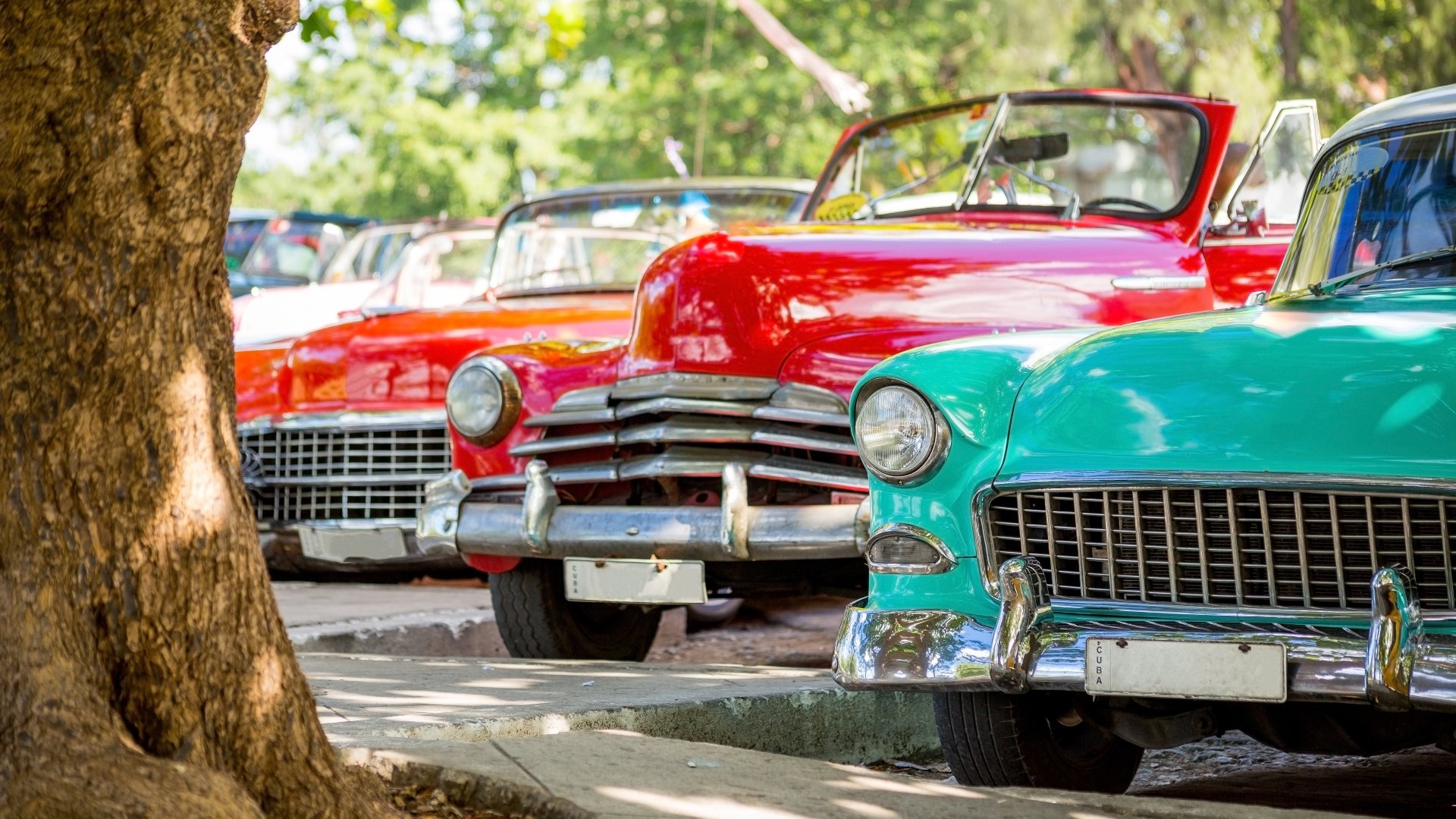A Brief History of Classic Car Collecting in the US

People across the United States have embraced classic car collecting for decades. The desire to preserve and celebrate vintage automobiles reflects a deep appreciation for the artistry, innovation, and cultural impact of these vehicles. Collectors have transformed car collecting into a vibrant hobby and investment avenue that highlights a unique aspect of US engineering.
The Early Roots of Classic Car Collecting
In the early 20th century, people were preserving old vehicle models as the automobile industry revolutionized transportation. Collectors recognized the historical and technological value of pre-war cars and focused on maintaining their original condition. Museums and exhibitions showcased vintage vehicles, sparking public interest in celebrating automotive history.
Collectors prioritized authenticity and preservation while celebrating the artistry of mechanical design. The history of classic car collecting in the US gained momentum as a cultural phenomenon, blending nostalgia with innovation.
The Golden Age of Collecting
The mid-20th century brought a golden age of classic car collecting. Post-World War II economic growth and a booming car culture in the 1950s fueled the golden age. People found inspiration in the sleek designs and powerful engines of 50s vehicles, which symbolized the new idea of the American dream.
Car clubs and shows provided spaces for collectors to share their passion and exchange knowledge. Events like the Pebble Beach Concours d’Elegance elevated the prestige of owning and showcasing vintage automobiles.
Classic Cars as Investments
Collectors shifted classic cars from cherished hobbies to lucrative investments. The value of vintage vehicles soared due to rarity, condition, and historical significance. Collectors acquired classic cars not only for personal enjoyment but also as appreciating assets. In addition, auction houses created competitive platforms for buyers and sellers.
The history of classic car collecting in the US reveals how financial considerations joined personal passion as a driving force behind the hobby. Iconic brands—Ferrari, Porsche, and Chevrolet—produced models that became prized possessions, symbolizing wealth and heritage.
Modern Trends in Classic Car Collecting
Technology has reshaped classic car collecting in the 21st century. Online marketplaces and social media platforms give collectors global access to rare vehicles and restoration services. Vintage vehicle owners use advanced restoration techniques to return vehicles to pristine condition while preserving their authenticity.
Countless people embrace classic car collecting, diversifying the community and redefining the meaning of “classic.” Models from the 1980s and 1990s, such as the Toyota Supra and BMW E30, are popular within the community, reflecting evolving tastes and cultural influences.
Iconic Cars and Collectors in US History
Collectors preserve some of the most iconic vehicles in US history, including the Ford Model T. Muscle cars, such as the Dodge Charger and Ford Mustang, captivate collectors with their power and design.
Influential figures in the classic car community promote the hobby with passion. Jay Leno, a renowned comedian and car enthusiast, has a diverse collection that spans automotive history and highlights the quality engineering and significance of classic cars.
Collectors demonstrate a deep connection to US culture and history through classic car collecting. The act of preserving these vehicles proves the enduring impact of the automobile on society.






